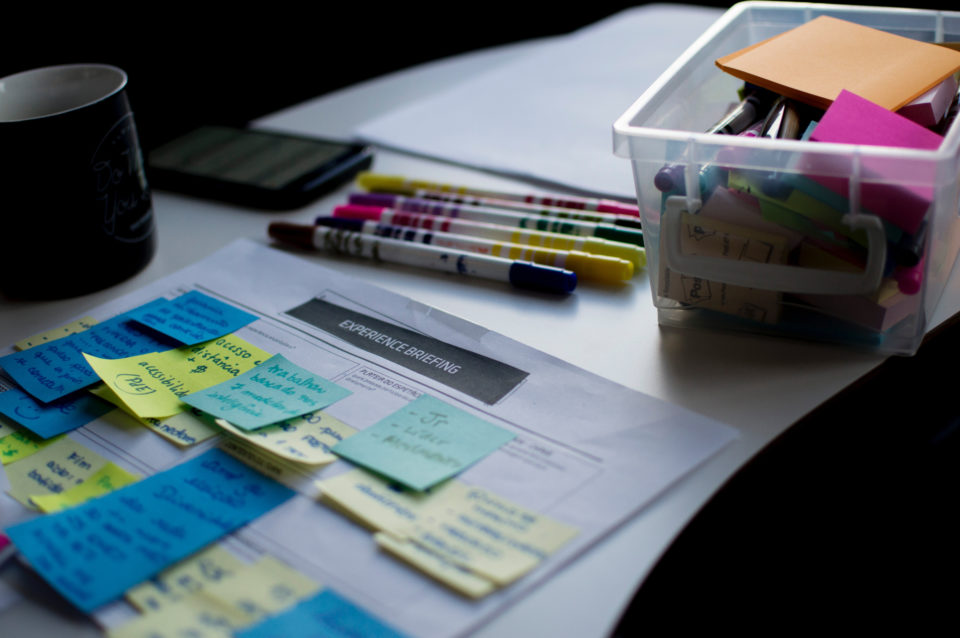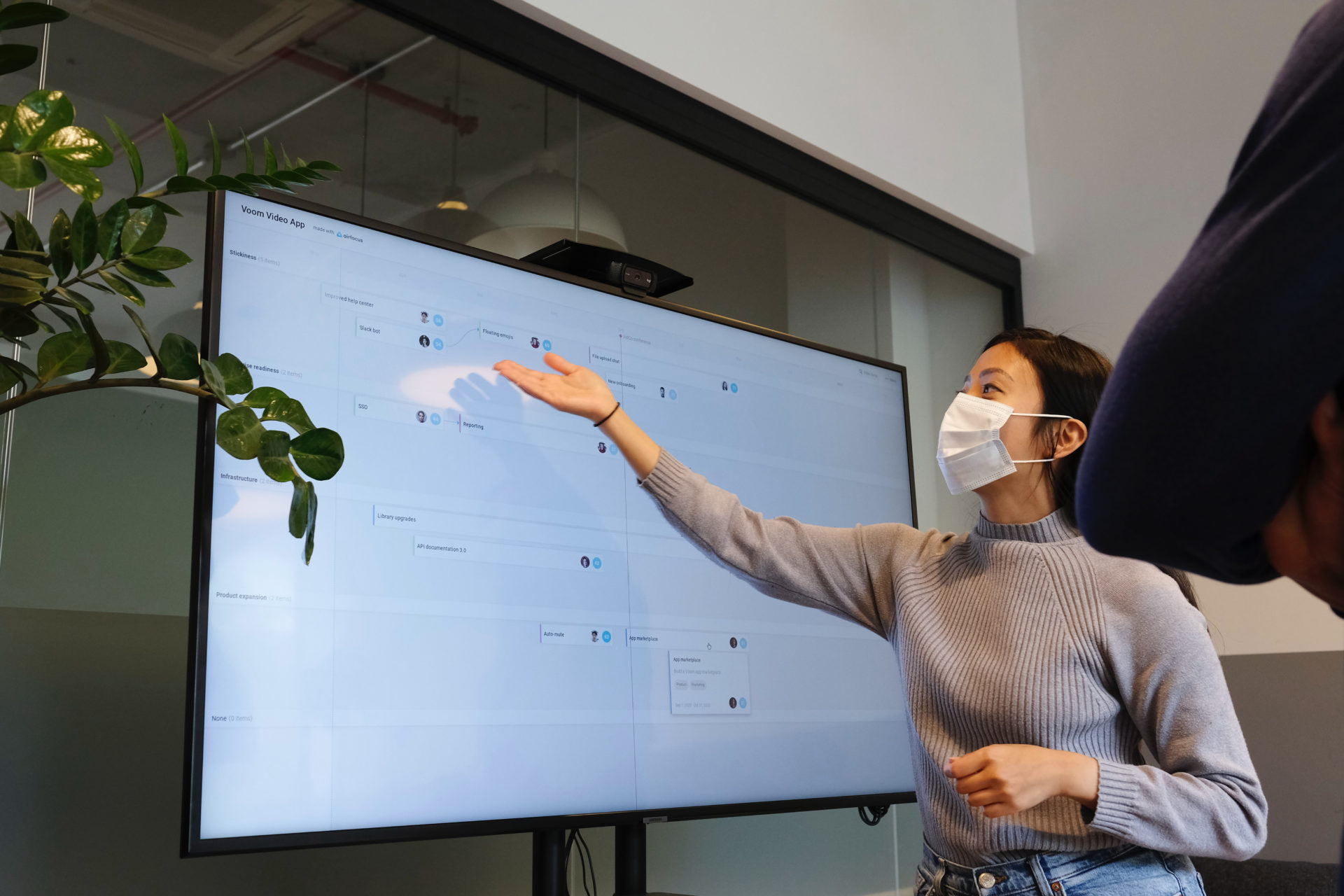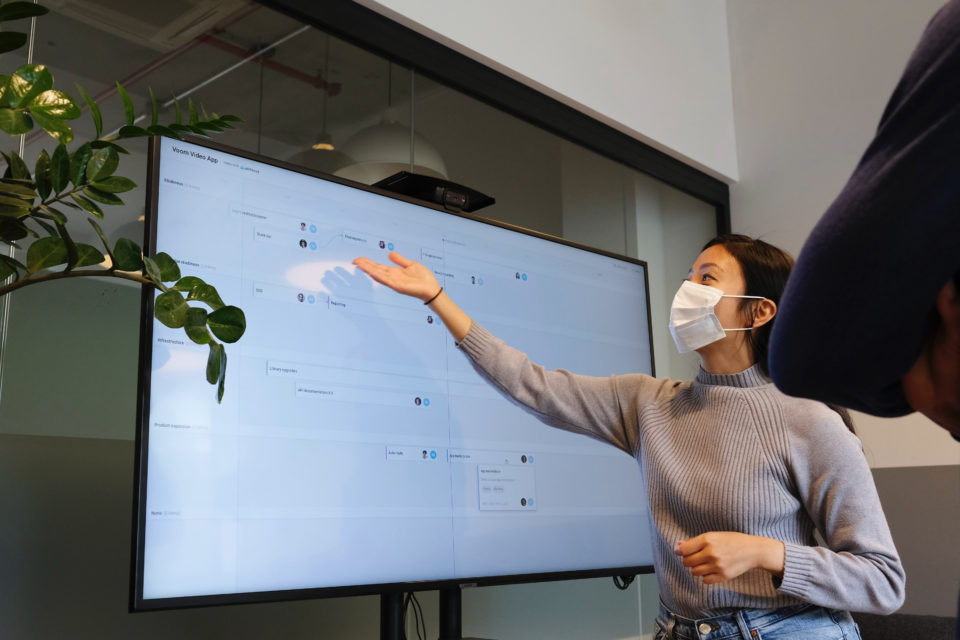At 13:20 last Sunday there were about 30 MBAs socially distanced in the corridor outside of the lecture auditoriums. These were the team representatives, picking up the material for the rest of their teammates. We were counting down the seconds until the Integrative Exercise began.
Gyopi, the MBA program coordinator, was filling our mailboxes with what would be our project for the next 48 hours. Ever the watchful eye, she admonished the MBAs who were inching closer to get a sneak peek at the task ahead – when you’re limiting factors are time and fatigue, every alert second takes on greater significance. The clock struck 13:30 and we all grabbed the cases and instructions and raced to the dungeons (aka study rooms) to begin.
The case was roughly forty pages of text and data that we had to synthesize and prep for a presentation to a mock board the next morning. The exercise is intended to pull together everything from the first module. Analyze a country, a market, a product; how does it all fit together? How much money do you need to fundraise? How are you going to spend it? What do the next three or five years look like? What is your business strategy, your marketing plan? What does your supply chain look like? How does that minor change you made in your marketing affect every other aspect of the business?
These are the questions you ask over and over again before you eventually deciding that you have to settle on something to present to the judges. For us, that was at 3:30AM. We submitted our first presentation and went home to get a few hours of sleep – three to be exact.
We were back the next morning early to discuss our presentation flow before heading in front of the panel. You have a strict time limit of 20 minutes for the presentation, and then 30 minutes fielding questions and criticism from the judges – something the panel of professors enjoy a little too much. The feedback? Most of the assumptions are wrong, there are gaps in the analysis, and so many unconsidered consequences from each decision.
Back to the drawing board, and another sleepless night undoing, redoing, and arguing over how to move forward. Fueled by coffee and energy drinks, we pressed through and prepared a new presentation and plan that looked nothing like the one we gave 24 hours earlier.

We presented to the judges again, this time much more ready to defend any of our assumptions they questioned. Was our second presentation perfect? No, but our improvement was remarkable, and our ability to pull together our learnings from the first module showed just how far we had progressed in these last three months.






